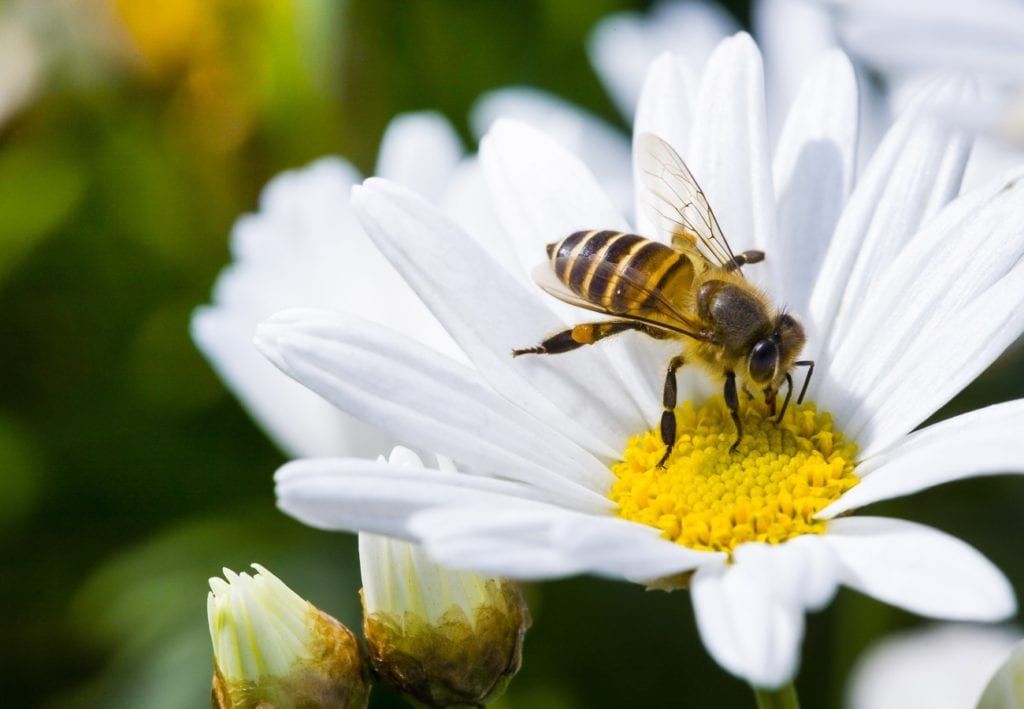
- Insect Sting Allergy:
- Information
- Symptoms
- Testing
- Treatment
Insect Sting Allergy
What Is An Insect Sting Allergy?
Developing a reaction after being stung by an insect is common for most individuals and is often results in localized inflammation and/or irritation. However, it is estimated that up to 13.5 million people in the United States may be at risk of developing a life threatening allergic reaction (anaphylaxis). At Allergy, Asthma & Sinus Associates we have diagnosed and manage hundreds of patients affected by insect sting allergies.
Insect Sting Allergy Symptoms
There are three types of reactions to insect stings:
1) Local Reaction
A local reaction includes swelling and redness that is confined to the general area of the sting. Local reactions are generally not dangerous.
2) Large Local Reaction
A large local reaction may result in swelling, redness and itching that may or may not be confined to the general area of the sting. Large local reactions are generally not dangerous however anyone who experiences such a reaction should be further evaluated.
3) Systemic Reaction
A systemic reaction is an allergic reaction that results in symptoms beyond localized swelling and may include itching, hives or swelling away from the area of the sting. Systemic reactions have a risk of progressing to anaphylaxis, a life threatening allergic reaction that can include difficulty breathing, chest tightness, throat closure, dizziness, a drop in blood pressure or cardiac arrest.
While most individuals will experience a mild to moderate reaction after being stung by an insect, those with insect sting allergies are at risk of developing severe reactions that may become life threatening. Anyone who has experienced an allergic reaction in the past to an insect sting has a significantly increased chance of developing a similar or worse reaction if stung again.
Top 5 Stinging Insects That May Produce Serious Reactions:
- Hornets
- Yellow Jackets
- Wasps
- Honey Bees
- Fire Ants
Insect Sting Allergy Testing
At Allergy, Asthma & Sinus Associates we are equipped to test for most all insect sting allergies. Our Board Certified Allergist will review your medical history and discuss all your concerns. Your allergist will determine which method of testing would be the most effective and safe for your individual case. Testing may include skin prick testing and/or blood testing.
Click here to learn more about skin prick testing
Click here to learn more about blood testing
Insect Sting Allergy Treatment
Treatment for insect sting allergies centers on allergen avoidance. Patients who are known to have a severe allergy to insect stings are strongly encouraged to keep an EpiPen close at hand. At Allergy, Asthma & Sinus Associates we have seen a high success rate with placing patients on Venom Immunotherapy. Patients who have known allergies to bees or fire ants have noted a dramatic reduction in symptoms following subsequent insect stings.
Click here to learn more about immunotherapy.
Anyone who experiences insect sting allergies is encouraged to take the following precautions:
- Wear shoes while walking outdoors, especially in the grass.
- Avoid open footwear and loose-fitting clothes that may allow access for stinging insects.
- Avoid perfumes and scented cosmetics, which may attract stinging insects.
- Avoid bright-colored clothing, which may attract stinging insects.
- Keep foods and drinks covered outdoors to prevent attracting insects.
- Keep an EpiPen (Epinephrine Auto injector) with you at all times.
- Avoid outdoor activities alone. In the event of an insect sting, you may require assistance.
